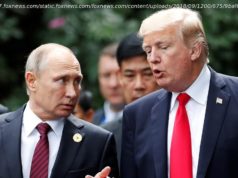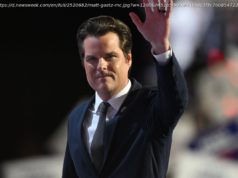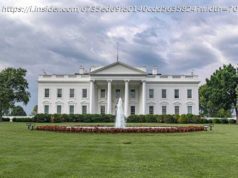China’s premier appeals for free trade amid tariff battle.
China’s No. 2 leader appealed Wednesday for support for free trade and promised to improve conditions for foreign companies following tit-for-tat U. S. and Chinese tariff hikes in an escalating battle over Beijing’s technology policy.
Premier Li Keqiang’s comments add to Beijing’s effort to portray itself as a defender of global trade and multilateralism in the face of complaints by Washington and other trading partners about industry policies they say violate its market-opening commitments.
Speaking at a business conference, Li made no direct mention of the dispute but appealed to governments to resolve disputes through negotiation and reject unilateralism.
« It is essential that we uphold the basic principles of multilateralism and free trade, » the premier said in a speech at the World Economic Forum in the eastern city of Tianjin.
Disputes « need to be worked out through consultation, » Li said. « No unilateralism will offer a viable solution. »
China announced a tariff hike on $60 billion of American imports on Tuesday in response to U. S. President Donald Trump’s increase on $200 billion of Chinese goods.
The Finance Ministry said its tariff increases are aimed at curbing « trade friction » and the « unilateralism and protectionism of the United States. »
There was no word on whether China would back out of trade talks it said it was invited to by the U. S., but a Chinese Commerce Ministry statement said the U. S. increase « brings new uncertainty to the consultations. »
The two countries have already imposed import taxes on $50 billion worth of each other’s goods. President Donald Trump threatened to add an additional $267 billion in Chinese imports to the target list if China retaliated for the latest U. S. taxes. That would raise the total affected by U. S. penalties to $517 billion, covering nearly everything China sells to the United States.
Li indirectly acknowledged complaints about global trade regulation and affirmed Chinese support for reforms.
U. S. officials have criticized the World Trade Organizaton, the global trade regulator, as antiquated and unable to deal with Chinese-style industrial policies. Beijing agreed this year to join an initiative with the European Union to propose possible reforms.
« We believe we need to uphold the basic international rules and at the same time make improvements to those that need to keep pace with the times, » Li said.
Li promised Beijing will refrain from weakening its currency to stimulate exports. China’s tightly controlled yuan fell in value against the dollar this year, prompting suggestions Beijing was intentionally depressing its exchange rate, but the central bank has intervened in recent weeks to put a floor under the declined.
« China will never go down the path of stimulating exports by devaluing its currency, » Li said. « China will create conditions for keeping the value of the yuan stable. »
The premier also promised to « improve the business environment » for foreign companies. He affirmed promises to treat companies equally — a condition to which China committed when it joined the WTO in 2001 but that foreign business groups and governments say it regularly violates.
The EU filed a WTO challenge in June to Chinese rules on technology licensing that it said give local companies an unfair advantage.
« We will make sure that all companies, be they Chinese- or foreign-owned, so long as they are registered in China, will be treated as equals, » Li said.






